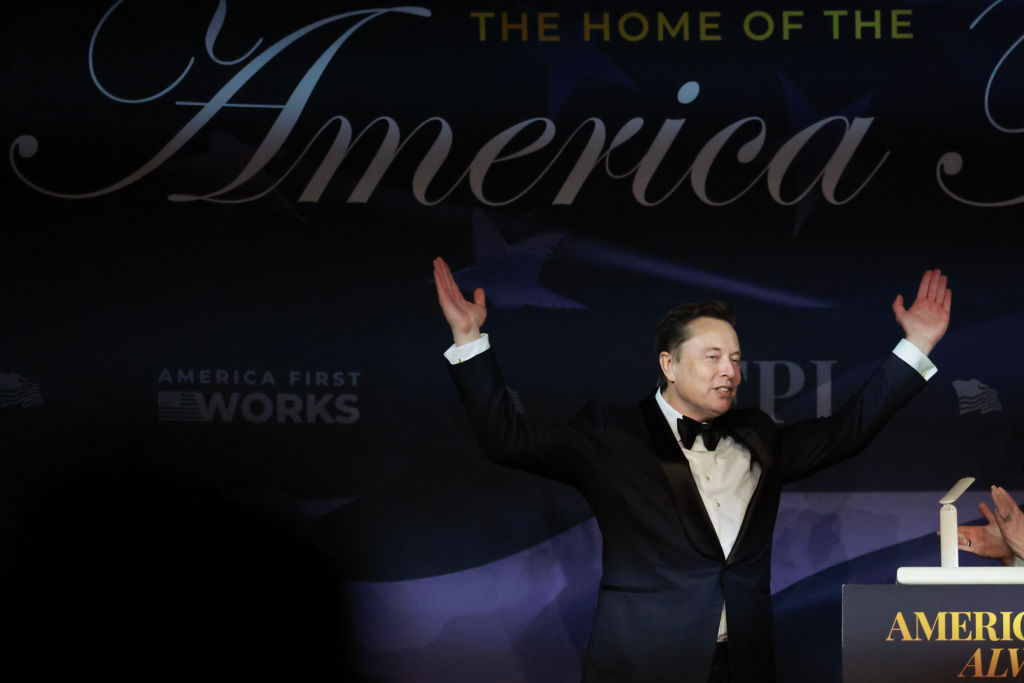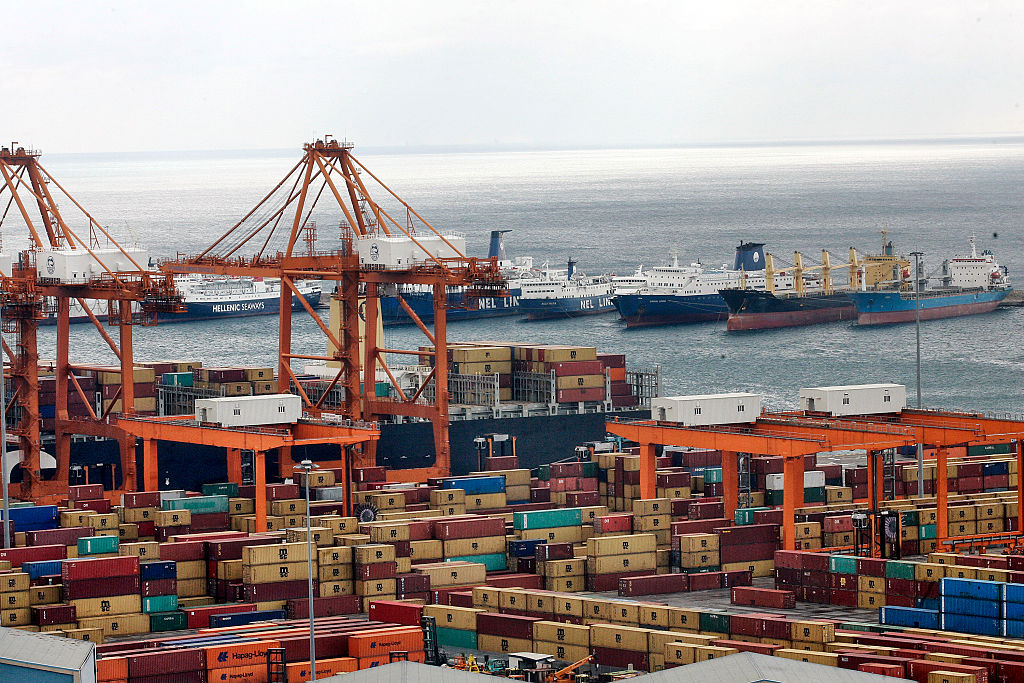Elon Musk’s recent address to the AfD party in Germany has reignited a centuries-old debate: What kind of Germany does Europe truly need? When it is strong, we accuse it of being despotic. And when it is weak, we miss its might. Is there an solution to this conundrum?
Once the continent’s industrial and political anchor, Germany is lately accused of pursuing misguided economic policies, surrendering foreign policy to the United States and allowing unchecked immigration to destabilise European unity. Add to this an over-reliance on China and a severed relationship with Russia, and the argument for a strong Germany becomes as uneasy as it is urgent.
For decades, Germany was hailed as the “economic engine of Europe,” a reputation built on industrial prowess, fiscal discipline and an export-driven economy. However, recent years have revealed cracks in this foundation. Berlin’s devotion to green energy policies, for example, has undermined its competitiveness. The premature shutdown of nuclear power plants has led to skyrocketing energy costs, with both German and European industries paying the price.
Meanwhile, Germany’s insistence on austerity during the eurozone crisis alienated southern European nations like Greece, Italy, and Spain. What Berlin imposed as fiscal responsibility was seen by others as economic bullying.
Equally troubling is Germany’s growing dependence on China. While it has cut ties with Russia in the wake of the Ukraine conflict, its pivot toward Beijing raises fresh concerns. With Germany’s automotive and industrial sectors deeply intertwined with Chinese markets, the risk of economic coercion from China looms large.
Furthermore, Germany’s foreign policy has done little to inspire confidence among its European allies. Instead of pursuing an independent course that prioritises European interests, Berlin appears content to align itself with Washington, even at significant cost to its own economy and sovereignty.
The Ukraine war exemplifies this. Germany’s decision to support US-led sanctions against Russia severed its critical energy ties, leaving Europe scrambling to secure alternative sources of power. The economic fallout has disproportionately hurt Germany and the EU, all while Washington enjoys a newfound dominance in the global energy market.
This submissive stance is nothing new. Germany’s post-war foreign policy has been marked by an almost pathological aversion to autonomy, born from guilt instilled by its past. But as Hungary, Poland, and other EU nations have argued, this unwillingness to lead leaves Europe vulnerable, divided and overly-reliant on external powers.
It all comes down to what Germany thinks about the concept of being a nation. It appears that especially during the last decades it has been doing all it can to dilute, if not cancel, its own national identity — and to force the rest of Europe to do the same.
Immigration is key in this perspective. Angela Merkel’s 2015 decision to open Germany’s borders to over a million migrants was celebrated by some as a humanitarian triumph. But for others, it marked the beginning of a social, political — and even historical — crisis.
Germany’s open-door policy not only strained its own welfare system but also placed an outsized burden on its EU partners. Countries like Italy, Greece, and Hungary found themselves on the frontlines of the crisis, while Germany attempted to dictate the terms of a solution. This fuelled the rise of national-conservative parties across Europe, who see Berlin’s moral grandstanding as both hypocritical and destructive.
If Germany wants to destroy its own nationhood, why should it impose this path on other Europeans too? It is one thing to decide that your own country must stop being inhabited, or even run, by the descendants of those who founded and built it with respect to its traditions, and it is another to force this on other nations.
So, does Europe need a strong, assertive Germany today?
On one hand, the EU cannot function without its largest economy and most populous member state. A weak Germany leaves a leadership vacuum that no other European power seems capable of filling.
On the other hand, Germany’s current trajectory is deeply problematic. Its economic policies prioritise ideology over practicality, its foreign policy serves foreign interests over European ones, and its approach to immigration continues to destabilise the continent.
It is a common perception that one of the main reasons for the creation of the European project was to keep Germany in check. After all, we are talking about the country that led Europe into two world wars. But now Europe may be in need of exactly what it wanted to control: A strong Germany based on the prowess of its national identity.
It is not only about policies. Yes, in order for Germany to be the leader Europe needs, it must abandon its reliance on external powers and embrace a pragmatic, Europe-first agenda. And yes, this means prioritising energy security and industrial competitiveness, forging an independent foreign policy and adopting a realistic approach to migration that respects national sovereignties.
But ultimately, the greatest obstacle to Germany’s leadership is Germany itself. Haunted by the spectre of its past, Berlin has spent decades trying to atone for former sins, often at the expense of its own people and Europe as a whole.
Elon Musk is right in this. Germany must find itself again. It must rediscover what can make its Volk great again — preferably without panzers and blitzkrieg this time. Because a strong Germany can and should be a force for good in Europe.
And here is the most interesting part: It is the EU itself that should wish for assertive political forces that tap into a Teutonic Sturm und Drang to lead Germany into an era of renewed political and economic confidence.
Instead of being afraid of ghosts and trying to undermine democracy, Brussels should have more faith in its well-established institutional checks and balances and realise that a European Union of proud nations, with Germany in its heart, may be the only way to survive global antagonism in the 21st century.





Throw ‘Nazi’ and ‘fascist’ around without true meaning, it normalises the unthinkable